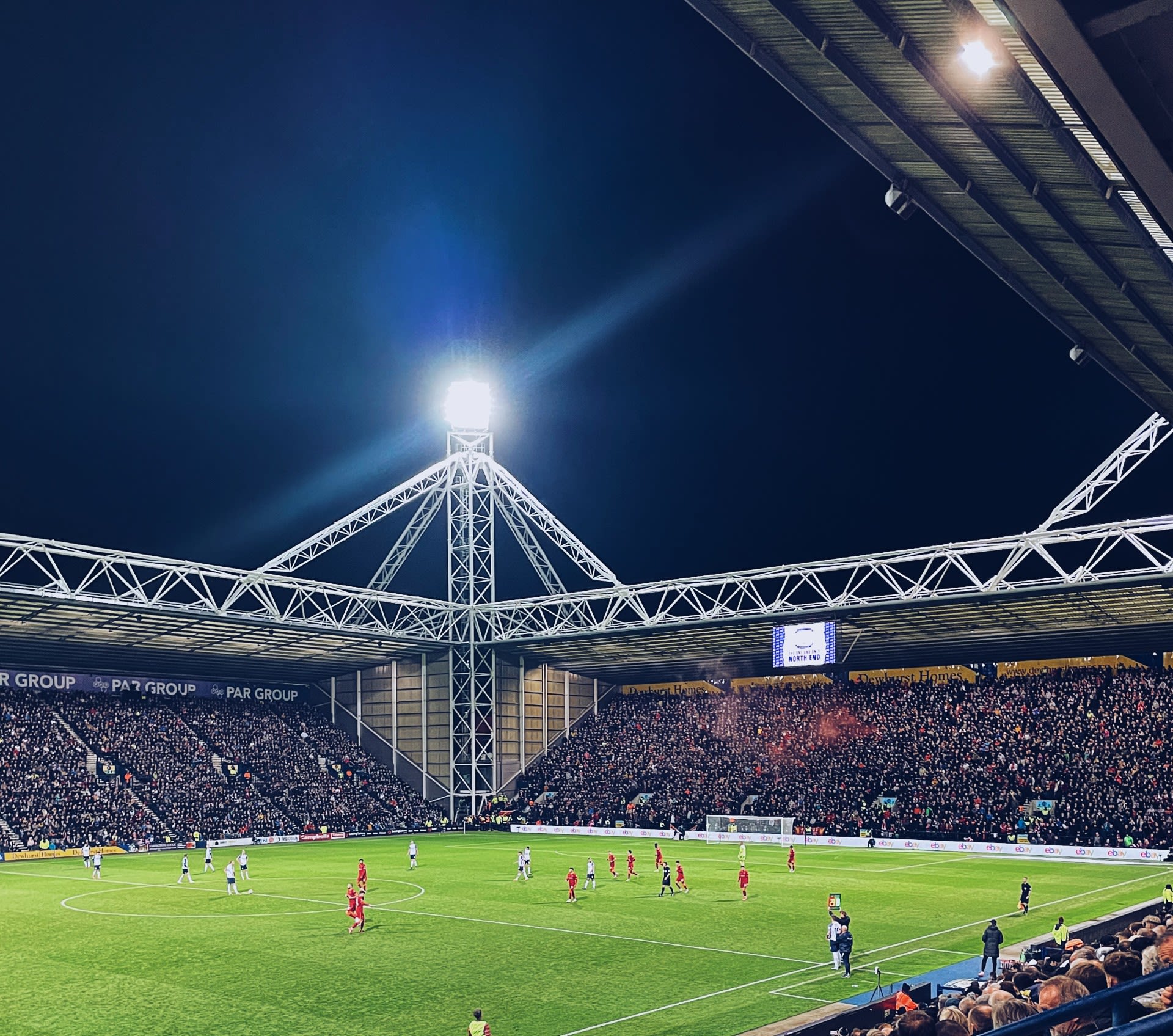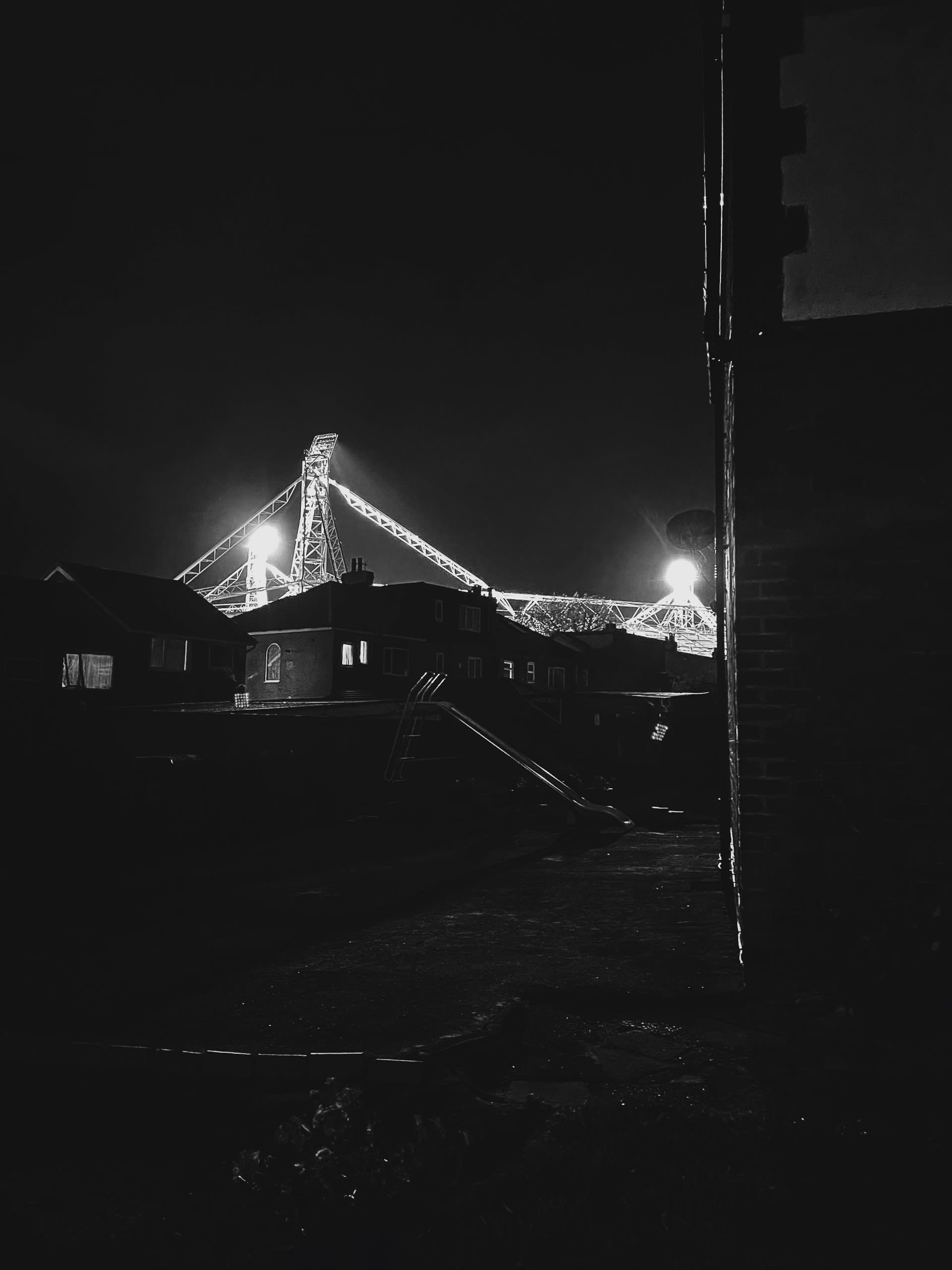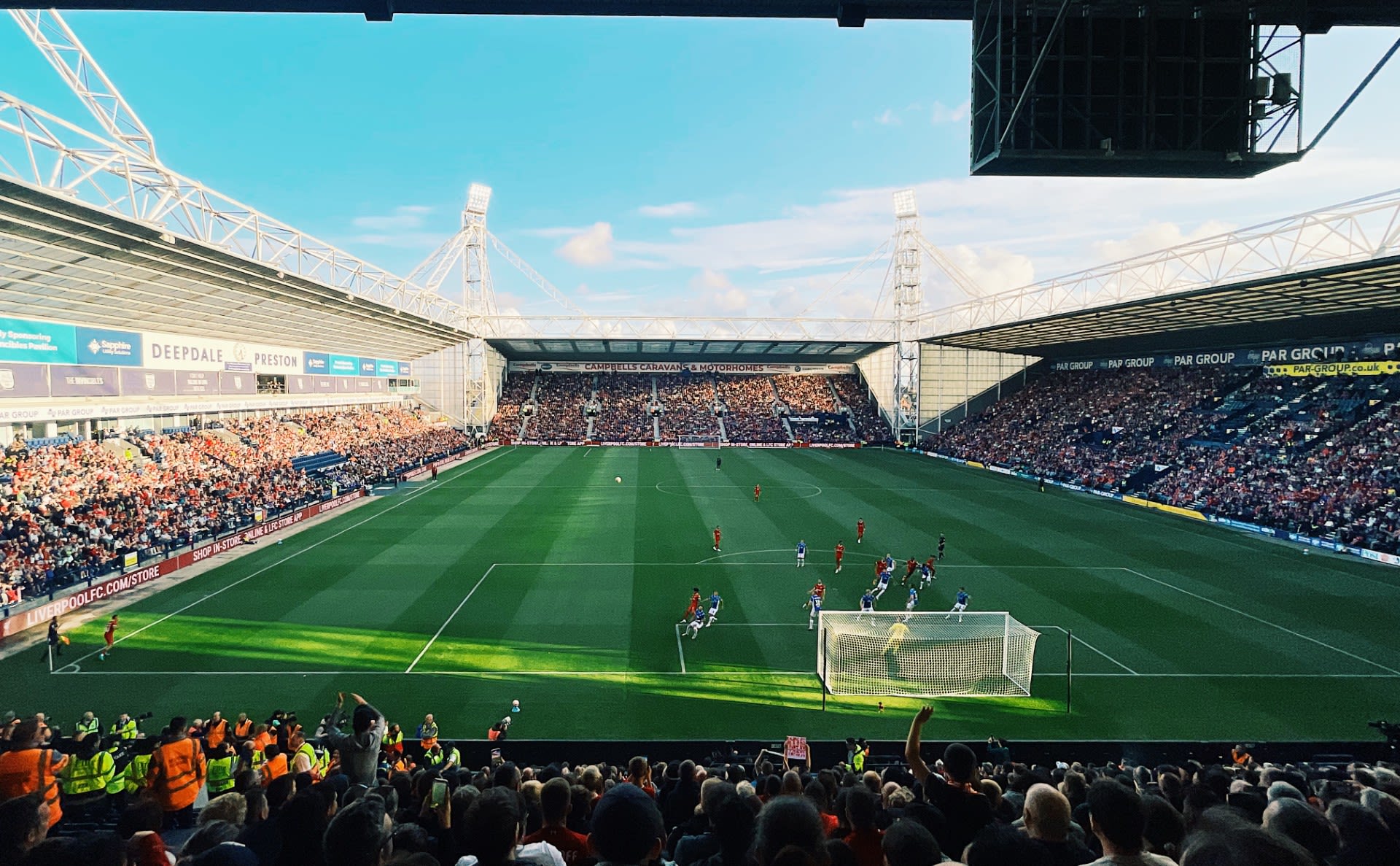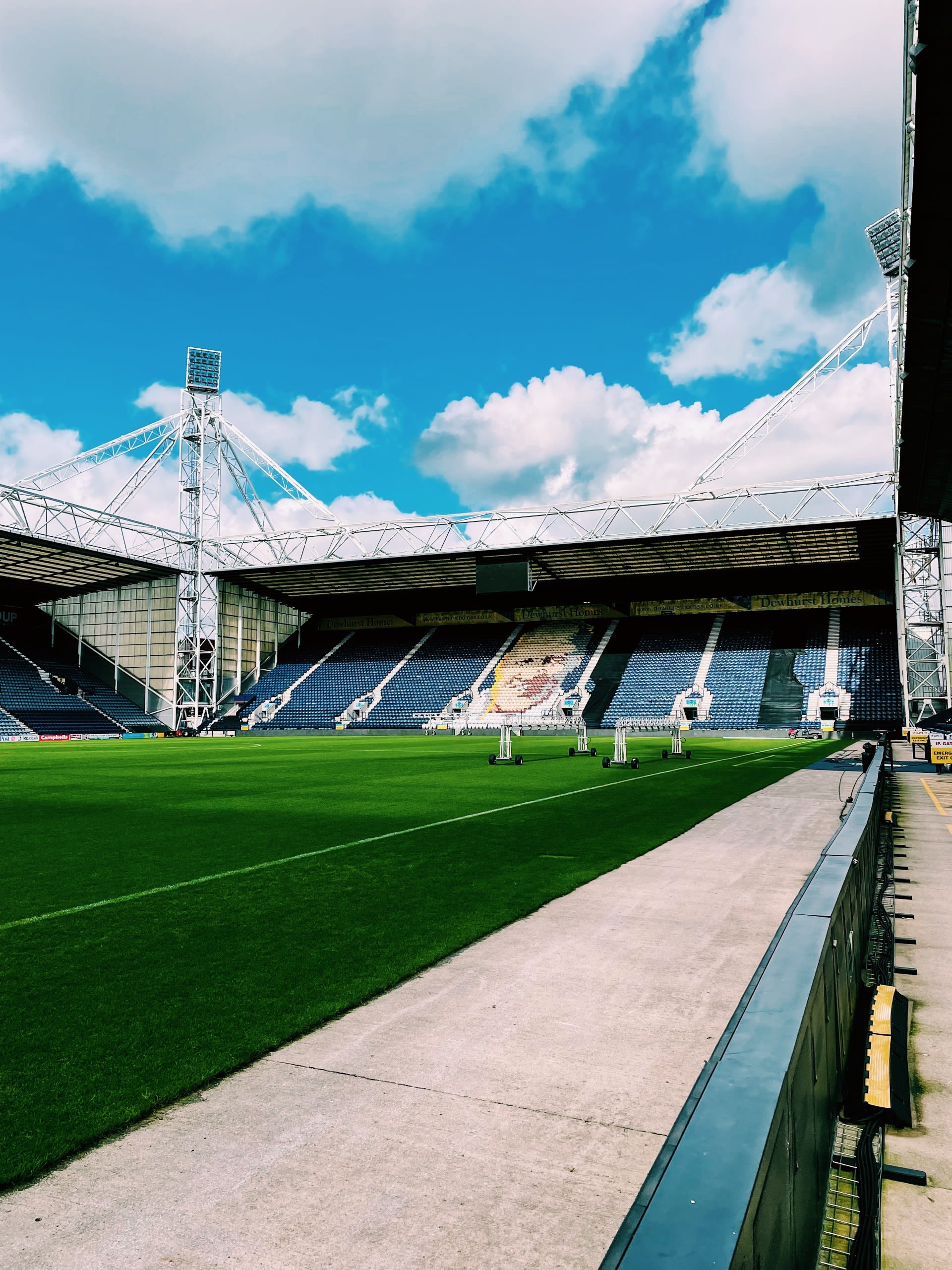A New Gradgrindism
Preston North End and the Romantic Futility of Being Well Run
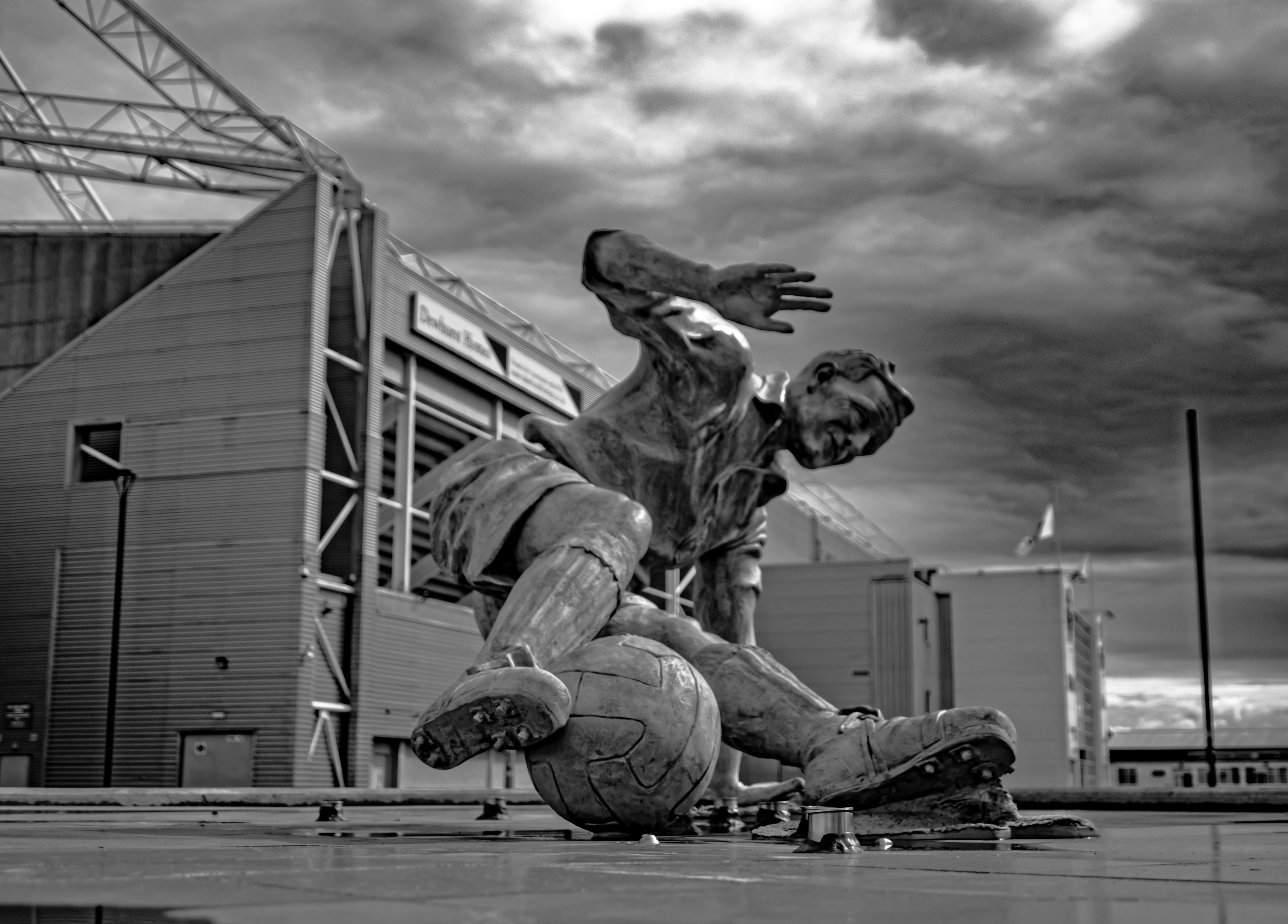
Under a balmy Somerset sky, Jarvis Cocker addressed Glastonbury with a truth that rarely breaches the barricades of football's column inches. As the chords of Common People bled into the crowd, its chorus hit not just as social commentary, but quiet lament:
“You will never understand,
How it feels to live your life,
With no meaning or control.”
It is a lyric that aches with dislocation and quiet defiance. And it is, perhaps unexpectedly, a perfect anthem for Preston North End - a football club marooned in a game that has all but forgotten it.
On Sunday, football’s gaze will fall on Deepdale. Not for promotion. Not for scandal. But for something far more essential. The first match their opponents, Liverpool FC, will play since the death of their player Diogo Jota – tragically killed beside his brother just days after his wedding - will take place on a ground that did not seek this spotlight, but must now bear it. The cameras will roll, but they will struggle to capture what matters. Because this, unmistakably, transcends sport.
If there is a ground to hold such a moment, it may be Preston’s. Fate can be wry like that. There is kindness in the concrete of Deepdale. Like Liverpool, this too is the club of Bill Shankly, and that shared lineage carries more than a name above a stand. On Sunday, it carries duty. Care. Decency.
The Bill Shankly Kop will not sing only for goals. It will hold space for remembrance, for reflection, for unity.
The Bill Shankly Kop adorns the legendary Scot at Deepdale
The Bill Shankly Kop adorns the legendary Scot at Deepdale
Liverpool, ever the apex predator atop football’s pyramid, commands attention by default. And to their credit, they carry that burden with uncommon dignity. Champions in recent memory, stewards of culture and community - both local and global - they remain a club of resonance and emotional range.
What unfolds at Deepdale this weekend is a moment of singular gravity - the kind that arrests even football’s most frenzied cycle. And in that silence, Liverpool will carry themselves, one expects, with the poise that has marked them in grief before.
But beyond the veil of tragedy lies another kind of silence - less sacred, but no less telling. The silence that greets clubs like Preston, not in mourning, but in obscurity.
In the modern game, attention is earned through extremes. Especially off the beaten track, that is outside the Premier League. Crisis, celebrity, chaos - these are football’s currencies of cut-through. To be well-run is not to be celebrated, but to be invisible.
Preston do not flirt with greatness or fall into ruin. They operate with restraint, with principle. And in the sport’s current economy, that renders them barely audible.
This is the paradox of the undercard. The best-run clubs are the most neglected. Preston North End, soberly stewarded by the Hemmings family and rooted in community, exist in a theatre that rewards recklessness and punishes care. Crisis creates narrative. Caution earns silence.
The Championship was once the game’s rich, unruly middle - bristling with jeopardy and ambition. Now, it’s congealed into a hinterland. Parachute payments have warped the terrain grotesquely. Clubs recently relegated play a different financial sport entirely. For the rest, the chasm yawns.
And what of those who do neither? What of Preston? They are not imploding enough to provoke alarm, nor ascending enough to inspire. They exist in the vast, unlit space between narratives and arcs - not a fallen giant, not a plucky insurgent. Just there. And in the modern football vernacular, that may be the cruellest verdict of all.
The supporters know this. They live it. To follow a club like Preston is to embrace humility as habit - to invest in a cycle that rarely repays but keeps asking. It is to love football in its most unadorned form.
The matchday rituals. The familiar faces on the concourse. The quiet pride when a homegrown lad makes the XI. These are not negligible joys. Nor is the occasional derby win, when local bragging rights feel like medals. But they are measured in teaspoons.
Which is why, when Preston North End swapped a generic sponsor for Spud Bros - a jacket potato van from the city’s Flag Market turned viral sensation – it became something quietly radical. A modest act of civic pride reverberated beyond its postcode. Here was a club choosing identity over income. A shirt that spoke of soil and place.
In an age of crypto logos and antiseptic branding, it felt like a quiet rebellion. By aligning with something local and unvarnished, Preston reclaimed a sliver of its soul. And people noticed - not because it was quirky, but because it was honest. It cut through.
Spud Bros wasn’t a punchline. It was a message. It told supporters: we see you. We are still of here. It reminded us what football clubs once were - civic institutions, not vehicles of avarice, ego or cultural reimagining. It proved that in a game increasingly lost to global spectacle and pressures, there is still power in the parochial.
Perhaps, beneath the noise and hashtags, this is what Preston has quietly safeguarded all along. The first Invincibles. The Gentry Club. A place where football clings to place, not profit. In a landscape that demands spectacle to be seen, they have chosen something older. Something rooted.
And so, this weekend, they are asked not to entertain, but to honour. To hold space. To become, for one moment, a still point in football’s spinning axis.
At Deepdale, there will be a minute’s silence. And fittingly, it will take place at a club that, by instinct more than instruction, understands what it means to carry memory. A kind of custodian care.
On the Bill Shankly Kop, two clubs will share more than a name above a grandstand. They will share a lineage of conscience.
Preston North End may never be promoted again. They may never escape the spiral that holds them in football’s middle. But in a year when they chose place over price, meaning over metrics, perhaps they achieved something rarer than success: resonance. The kind that makes you feel something when you see that shirt. That draws you back to the cold seat in the Alan Kelly Town End, year after year.
So we return to Jarvis. To the voice that sang for the forgotten, for those who live without meaning or control, who exist outside the glamour. That song, for all its ironic rage, is a hymn for the lower leagues. For the ones who persist. Who endure.
There is romance in the routine. Beauty in the unbranded. Purgatorial Preston and its fate may be shaped by football’s cruel economics, but within that fate lies something intact. They may not be winning. But they are not losing who they are.
And in this age, that might be the last victory left worth singing about.
Just ask Jarvis.
